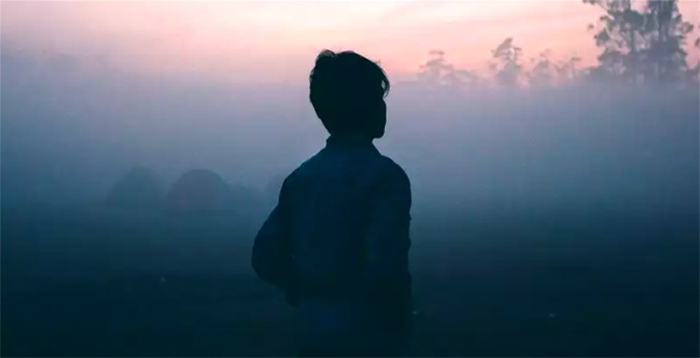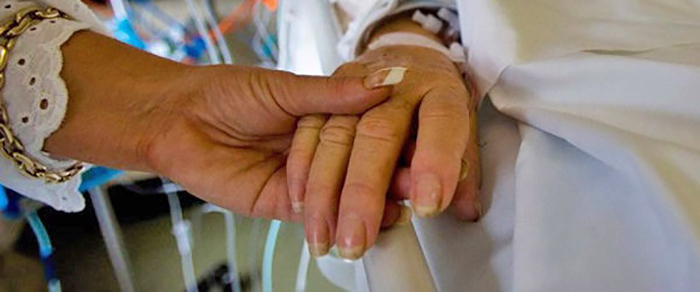
Here is a series of thoughts from Mark Comer’s book Practicing the Way – Be with Jesus; Become like him; Do as he did, and what we should be doing as “fools for Christ.”
Most people think they will grow to be more like Jesus through trying hard rather than through training hard when the exact opposite is true. You don’t run a marathon by trying hard, you do it through training. Training, not trying, is the secret to becoming more like Jesus. What do monks do in a monastery? They fall and get up again, fall and get up again.
You cannot apprentice under Jesus and not have it interfere with your life. To follow Jesus requires that you leave something behind. For Peter, it was fishing nets. What is it for you? Following Jesus will cost you, but not following him will cost you more, that is, it will cost you happiness and peace. Quoting missionary/martyr, Jim Eliot: “He is no fool who gives up what he cannot keep to gain that which he cannot lose.”
Our generation is witnessing a cosmic shift in human history, the shift from the industrial revolution to the digital world. The digital age has us more connected than ever before. But sociologists tell us that we are the loneliest generation ever. Could the way forward be as simple as meeting people in the place of pain? Regarding the use of electronic media: Choose your own constraints or they will be chosen for you.
Nine rules of life for Practicing the Way: (1) Practice Sabbath in a culture of hurry and exhaustion. (2) Practice solitude in a culture of anxiety and noise. (3) Practice prayer in a culture of distraction and escapism. (4) Practice community in a culture of individuality and superficiality. (5) Practice scripture in a culture of ideological infection and compromise. (6) Practice fasting in a culture of indulgence. (7) Practice generosity in a culture of consumerism. (8) Practice service in a culture of injustice and division. (9) Practice hospitality in a culture of hostility.









